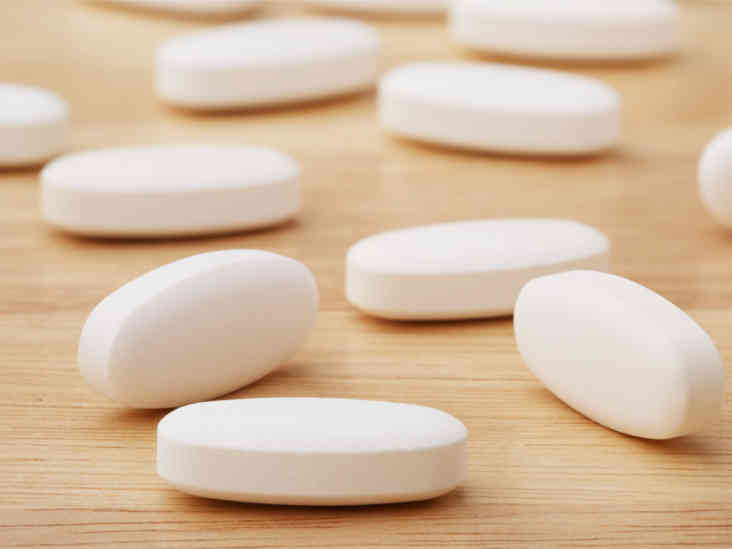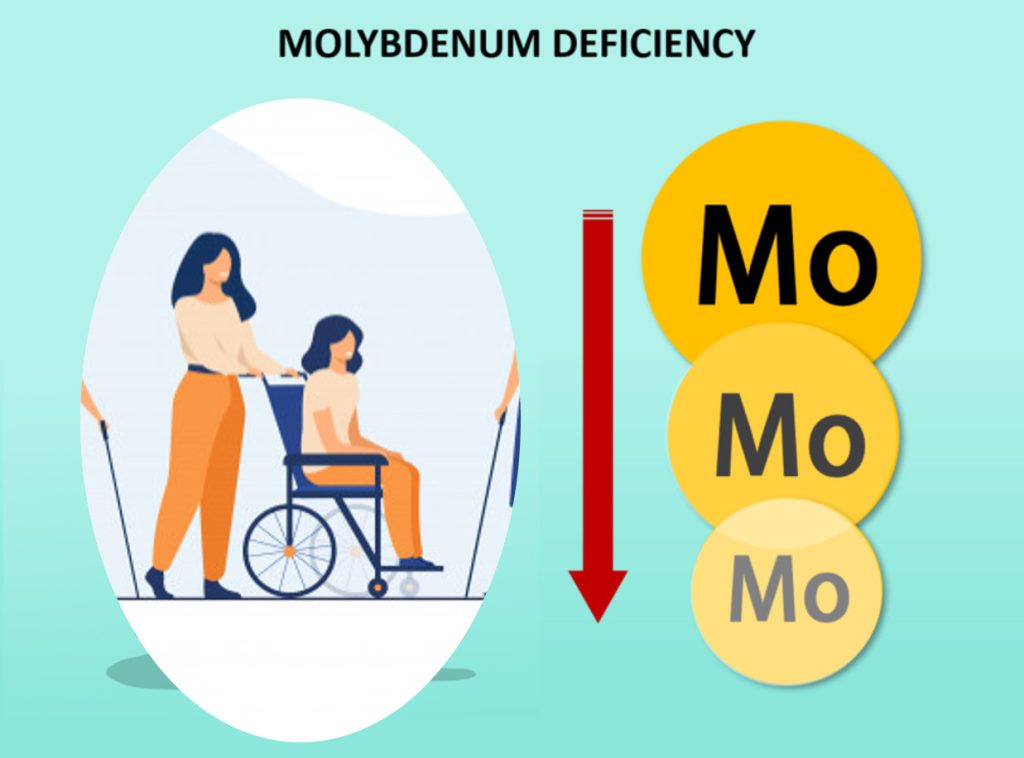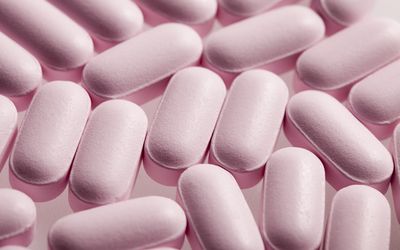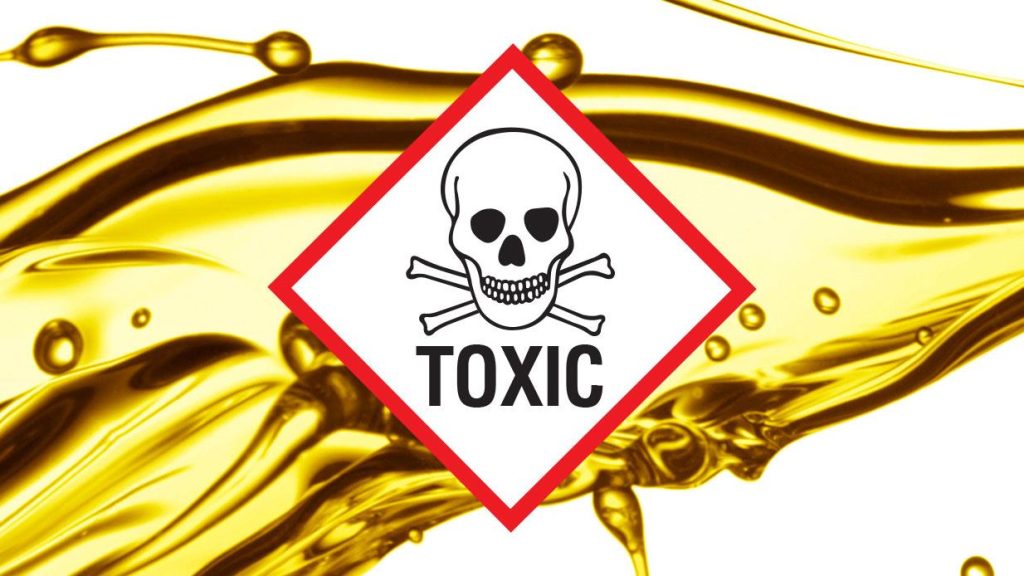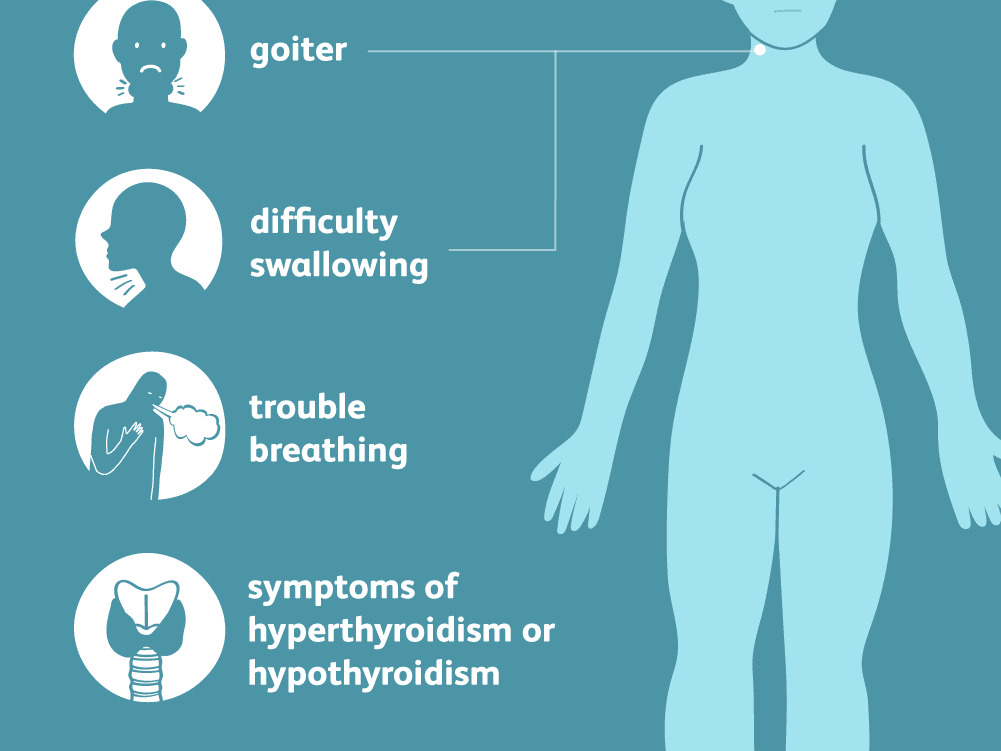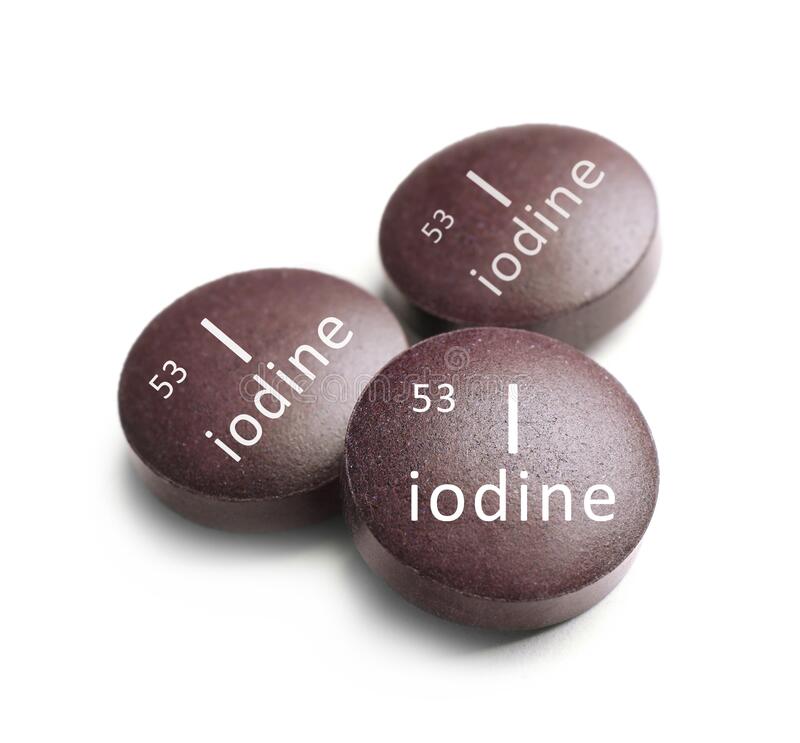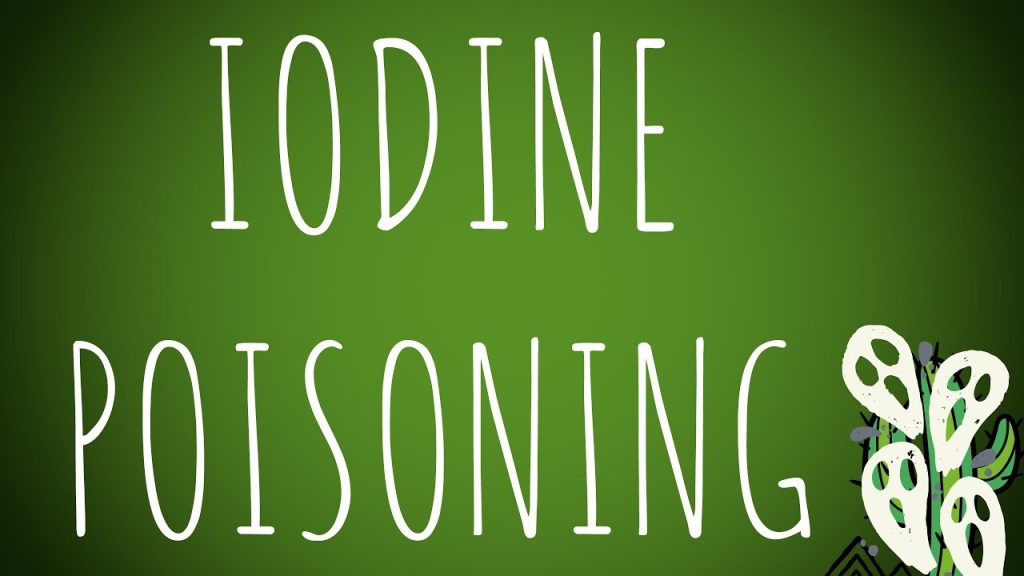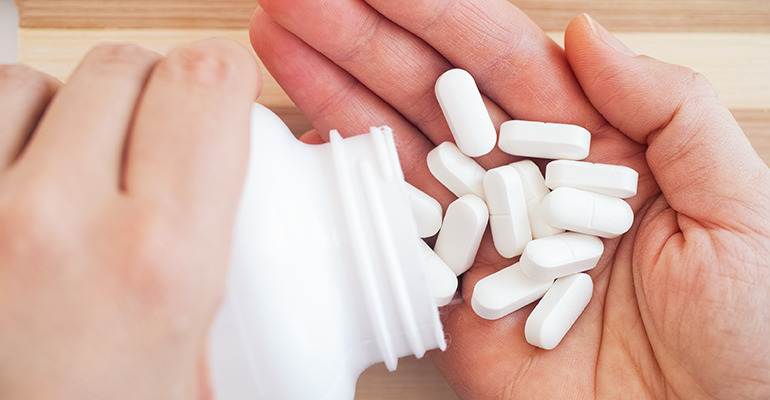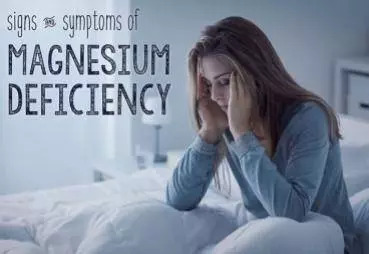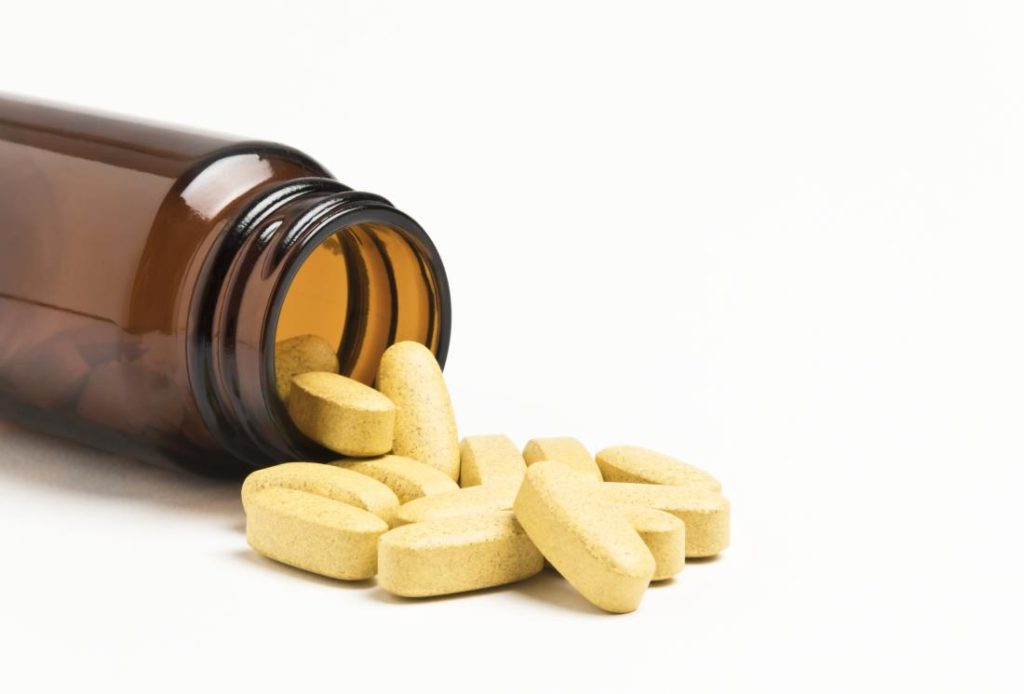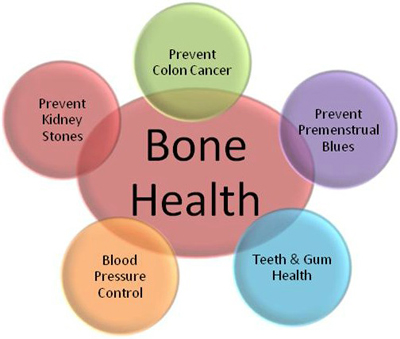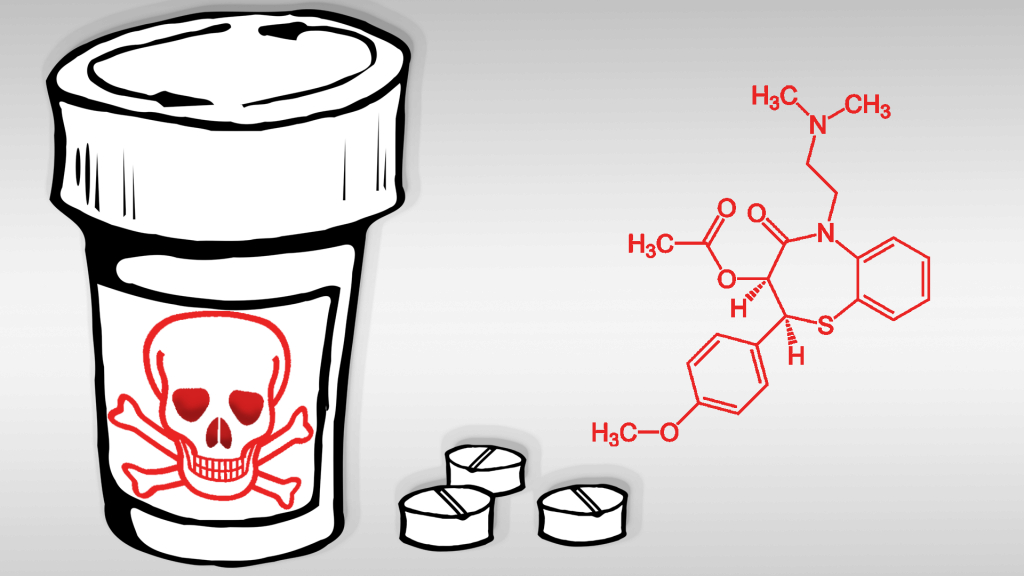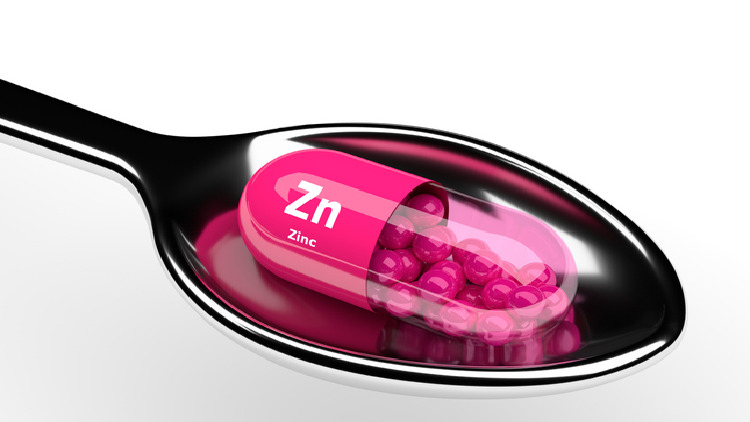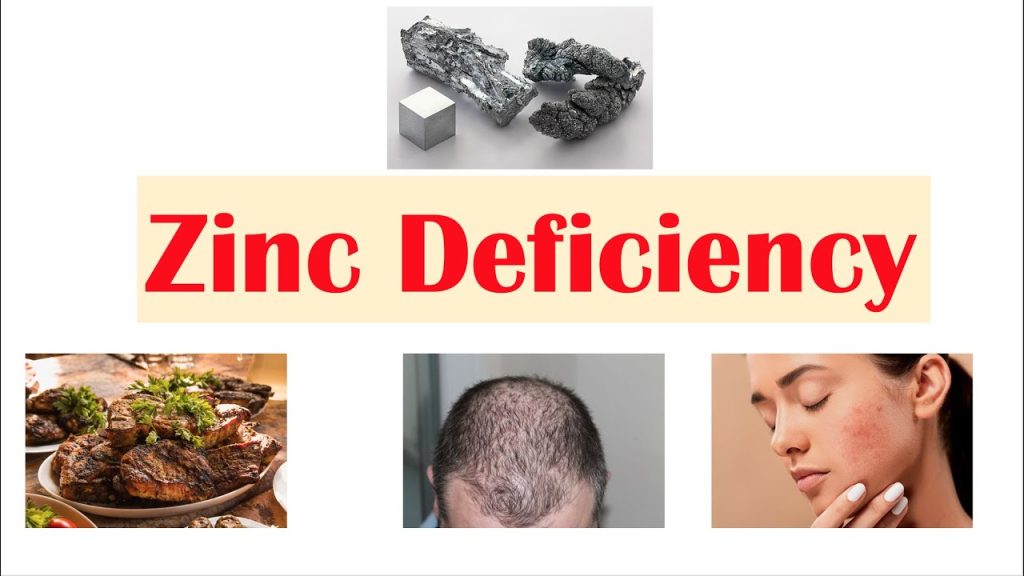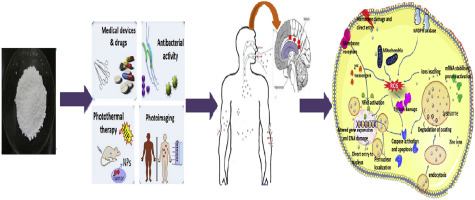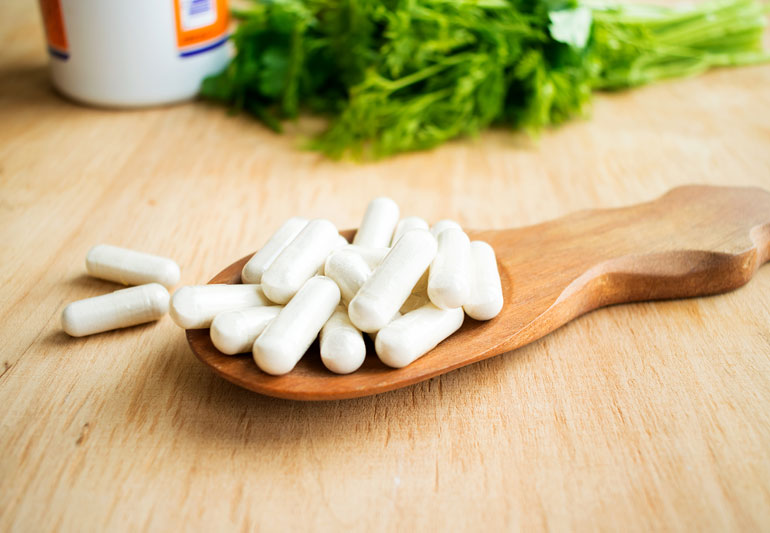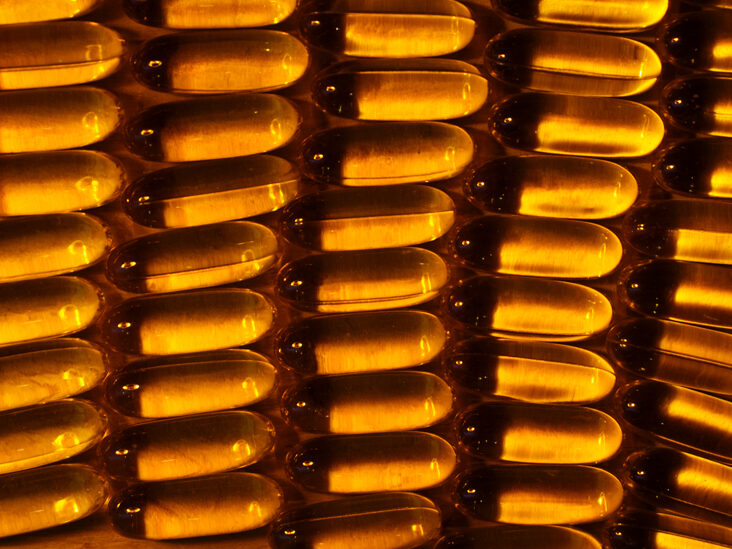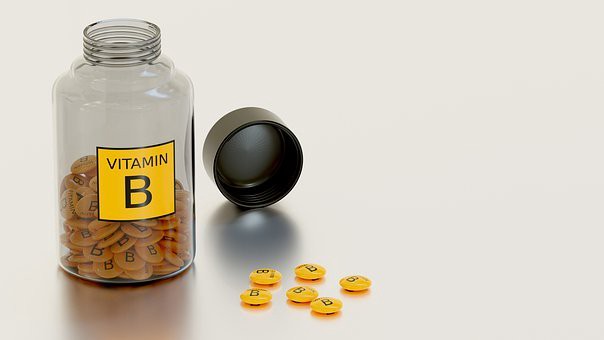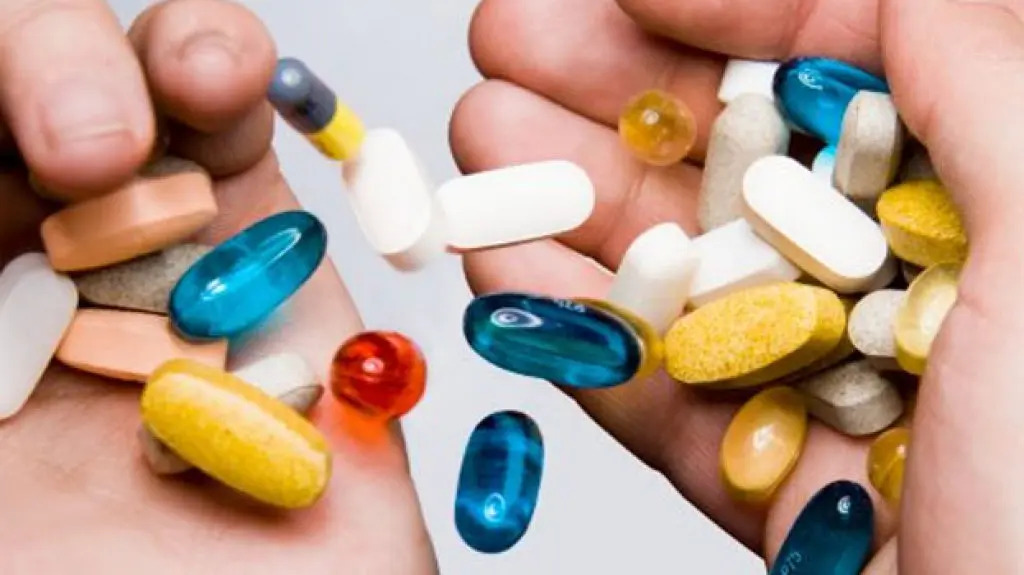What are the Symptoms of Selenium toxicity?
Selenium Deficiency
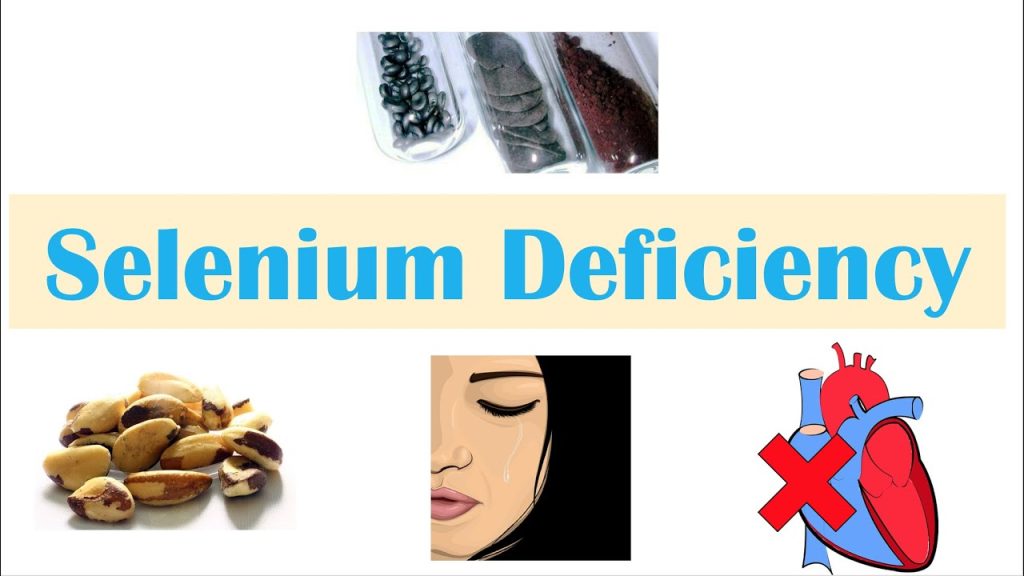
Selenium deficiency is a condition in which a body receives insufficient amounts of selenium to perform its roles and responsibilities. As per reports of 2017, about 1 billion people worldwide are dealing with selenium deficiency which makes it quite a common condition. The deficiency directly relates to the selenium availability in the soil which differs from region to region. Plants and animals receiving low selenium from soil are bound to be deficient in their own body. Such deficit food products are consumed by humans which results in less consumption of selenium which reggiers this condition. Some of the common symptoms of selenium deficiency an individual experience are:
- foggy mental state
- Hair loss
- Infertility
- Fatigue
- weakened immune system
- muscle weakness
Causes of Selenium deficiency
Apart from selenium level in soil on which the life cycle depends, there could be several conditions in which a body is unable to use sufficient amount of selenium levels such as:
- diagnosed with HIV
- sustaining dialysis
- diagnosed with certain digestive disorder such as Crohn’s disease
Such medical conditions are termed as the cause of Selenium deficiency due to their interaction with absorption of selenium inside the body. Even consuming enough amounts of selenium could cause deficiency in such medical conditions as absorption of this mineral is affected and decreased. An individual must consult a doctor to treat such conditions to maintain overall health of the body.
Is selenium mineral that important?
As selenium deals with DNA, free radicals, and metabolism of various vital functions and hormones, its roles and responsibilities make it really important to maintain overall health of the body. Also, there are several situations in which the need of this mineral becomes very critical such as:
- having thyroid growth
- a weakened immune system
- having thyroid disease like grave disease
- dealing with cancer
- during pregnancy
- when already deficit to selenium
Selenium Supplements
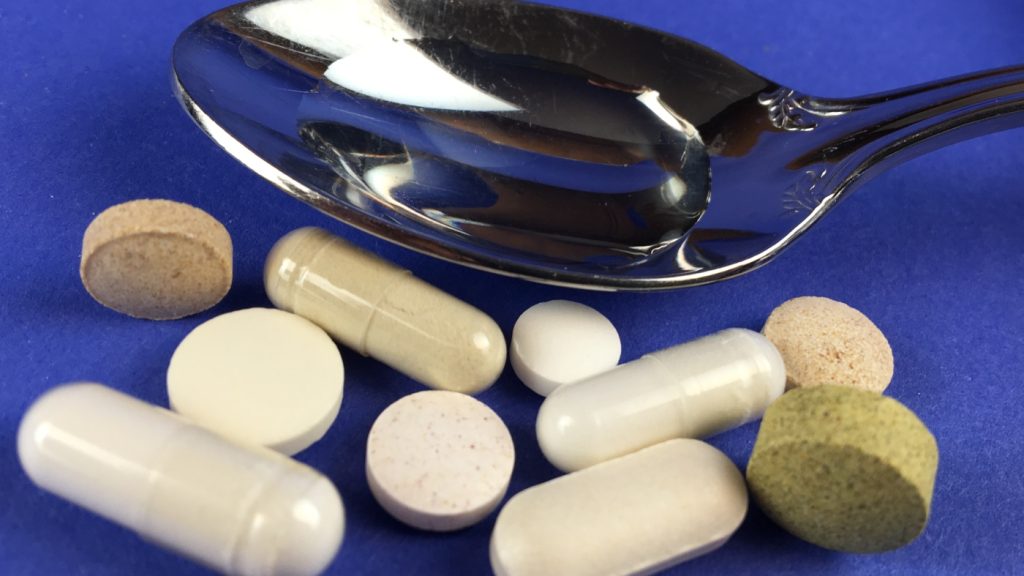
Selenium Supplements are synthetic medicines that consist of adequate amounts of selenium and several other associated medical agents. These supplements come with a primary role of treating selenium deficiency. They work as an alternative to benefits and roles performed by natural selenium inside the body. People dealing with deficiency must add and consume such supplements in their diet to avoid any unusual deficit symptoms. It is advisable to consume a quality supplement that is generally available in the market to provide good resources for the body.
What is Selenium toxicity?
Toxicity of selenium is a condition in which high levels of selenium get deposited in the body. Such excess amounts of selenium are not considered safe. Due to abnormally high amount of selenium, a body is prone to get affected by several medical conditions such as:
- liver and kidney damage
- blood clotting
- vomiting
- nausea
- hair loss
- irritability
- nail discoloration
- nail brittle or loss
- fatigue
- foul breath odor
- Diarrhea
- skin rashes
An individual must get immediate medical attention if any of these conditions are identified due to selenium toxicity in the body. Although toxicity of selenium is reversible, untreated conditions could be fatal.
Cause of Selenium Toxicity
There are several reason due to which a body could get toxic with selenium mineral such as:
- drinking high level selenium water
- excess exposure of selenium in the working environment
- intake of more than necessary amount of selenium supplement
- acute or chronic ingestion of excess selenium
- certain medical condition
REFERENCES:
- https://www.medicalnewstoday.com/articles/287842#benefits
- https://www.healthline.com/health/selenium-foods#_noHeaderPrefixedContent
- https://medlineplus.gov/ency/article/002414.htm
- https://ods.od.nih.gov/factsheets/Selenium-Consumer/
- https://www.ncbi.nlm.nih.gov/pmc/articles/PMC3225252/#:~:text=Symptoms%20of%20selenium%20toxicity%20include,as%20%E2%80%9Cgarlic%20breath%E2%80%9D).&text=Selenium%20is%20found%20in%20the%20environment%20in%20soil.
- https://www.youtube.com/watch?v=5uZlfK5L0bk
- https://www.consumerlab.com/news/best-selenium-supplements-identified/07-10-2019/
- https://hopes.stanford.edu/selenium/
For more details, kindly visit below.
